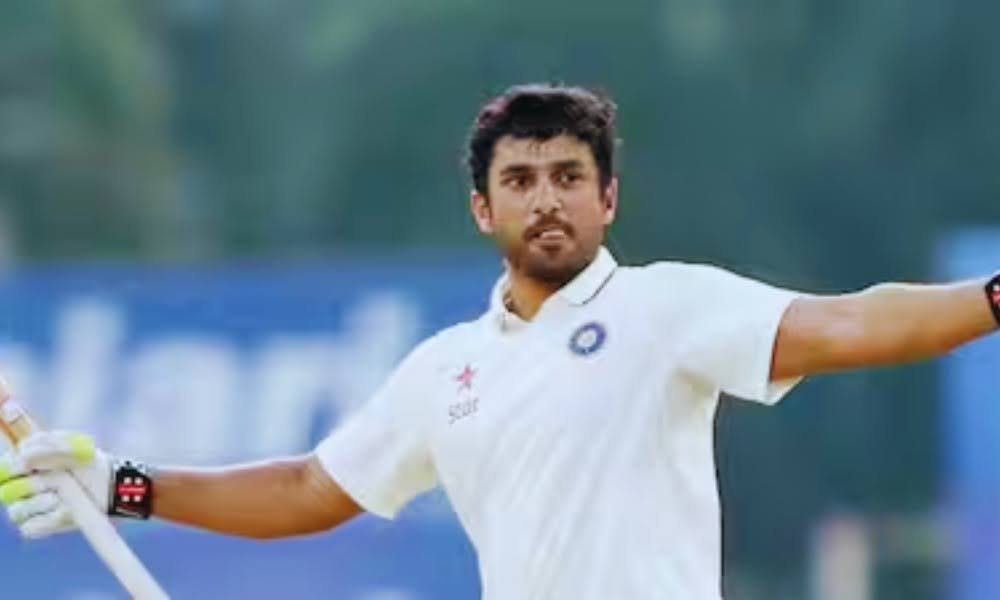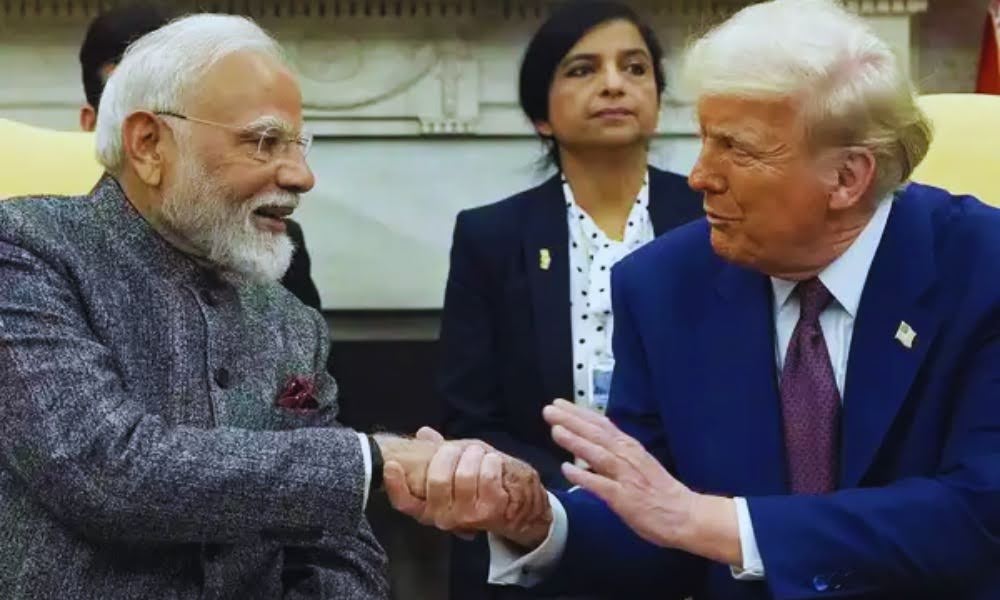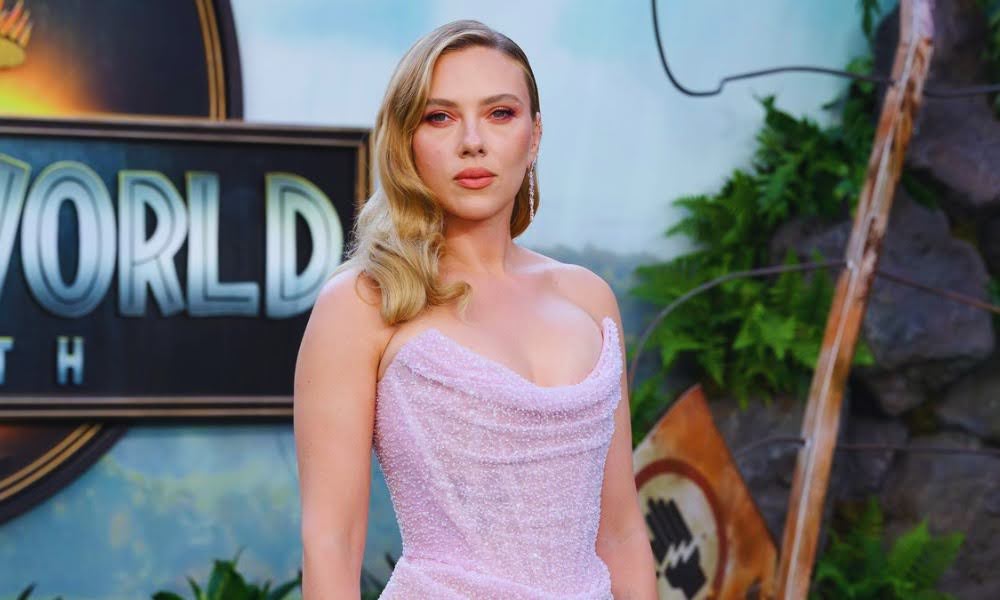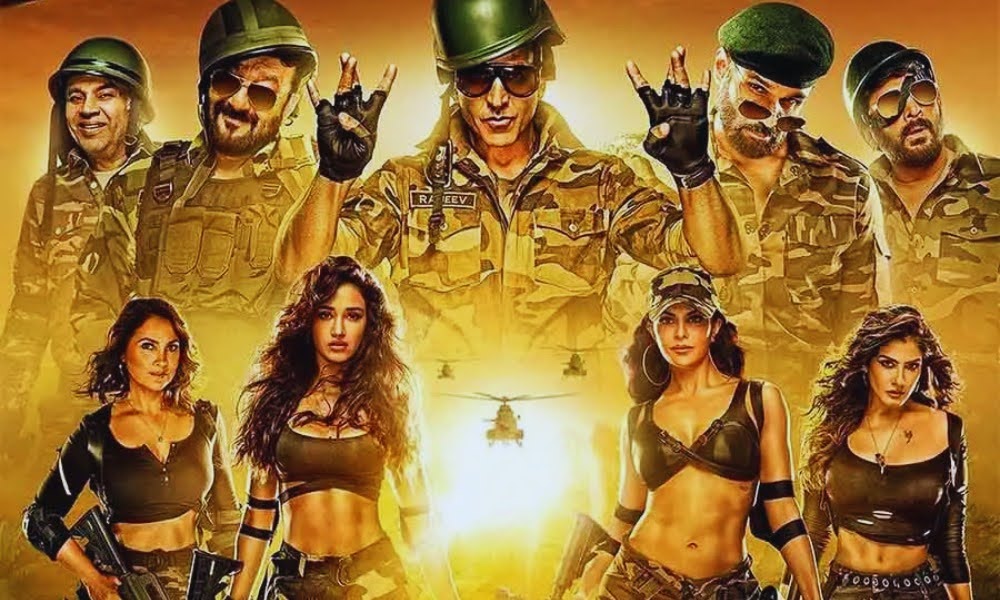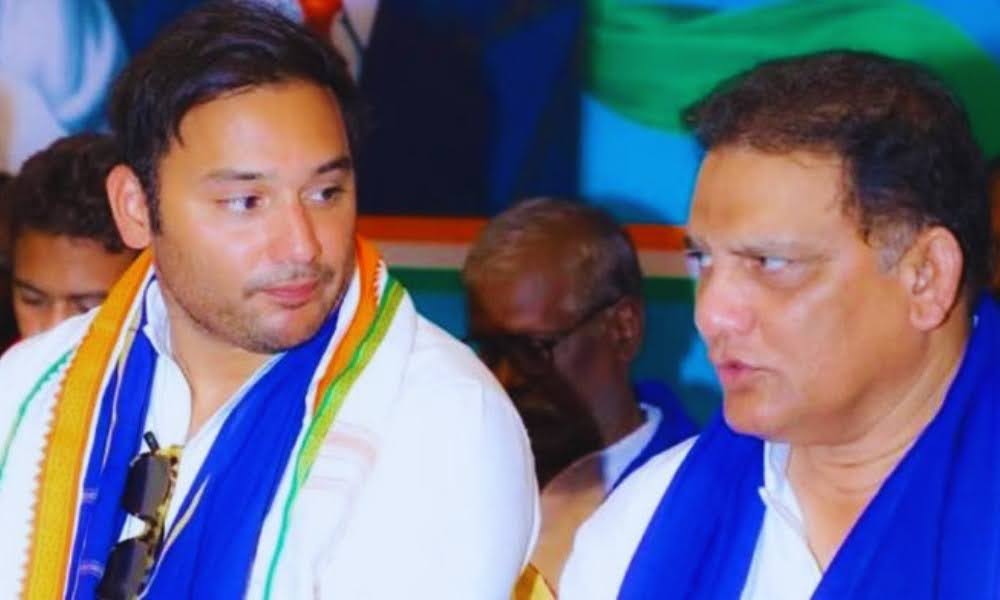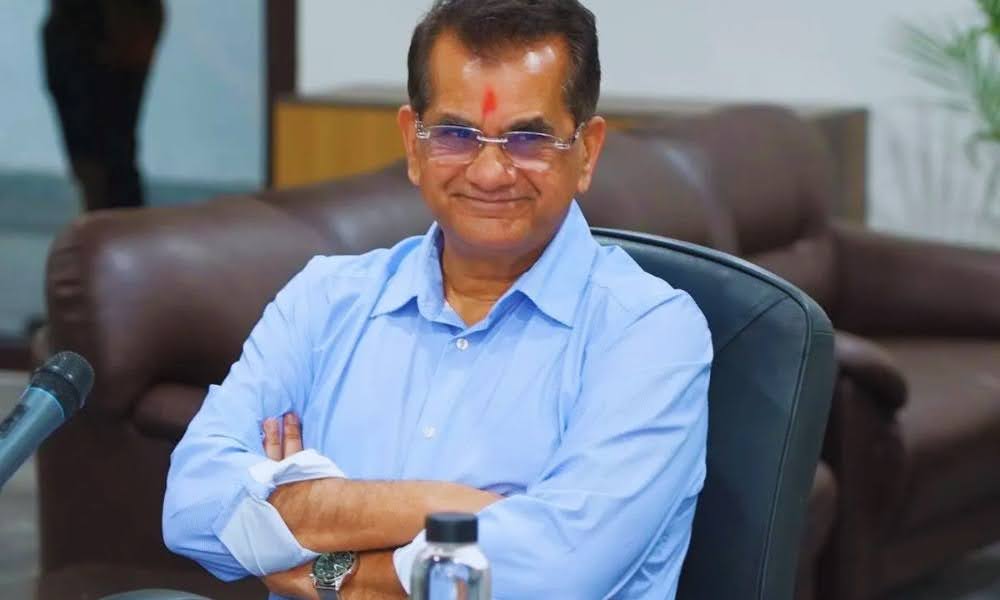PM Modi Meets Croatian Counterpart Andrej Plenkovic in Zagreb to Strengthen Bilateral Ties
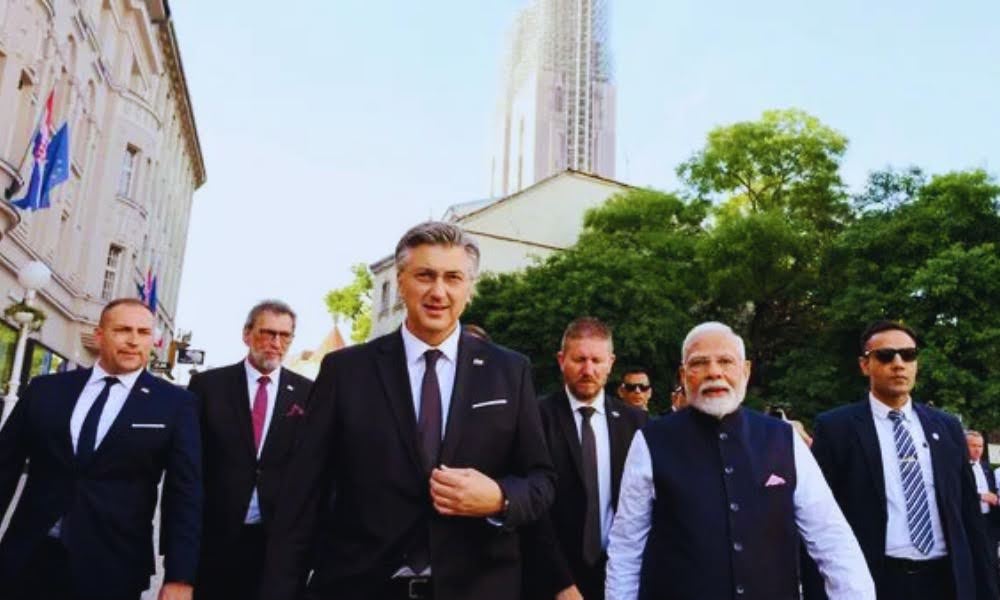
Prime Minister Narendra Modi’s trip to Croatia, the final destination of his three-nation tour after stops in Cyprus and Canada, marks a historic moment as it is the first-ever visit by an Indian Prime Minister to Croatia.
This visit is seen as strategically significant, particularly in the context of deepening India-EU relations and expanding India’s outreach to Central and Eastern Europe.
Strategic Backdrop of the Visit
While the G7 summit in Canada focused on global economic and geopolitical challenges, Modi’s stops in Cyprus and Croatia, both EU members, reflect India’s continued strategic engagement with Europe.
This follows External Affairs Minister S Jaishankar’s recent visits to major EU capitals including Paris, Brussels, and Berlin, emphasizing the growing weight of India-EU relations, especially in the context of global realignments following the Ukraine war and the West’s efforts to reduce dependency on China.
The visit gains additional depth considering EU Commission President Ursula von der Leyen’s February visit to India, symbolizing Europe’s interest in diversifying its global partnerships.
A Historical Context: Yugoslavia and Croatia’s Emergence
Croatia’s formation was preceded by the disintegration of Yugoslavia, a federation that emerged in 1929 under King Alexander and was reorganized into six republics including Croatia.
Ethnic tensions led to volatility, and the federation was occupied during World War II before being liberated by Tito’s communist partisans. Post-war Yugoslavia remained fragile, and the death of Tito coupled with the Soviet Union’s collapse eventually led to its dissolution in 1991.
Croatia declared independence and was recognized by the United Nations on May 22, 1992. It joined NATO in 2009 and the EU in 2013.
India and Croatia: A Longstanding Relationship
India was one of the first non-European nations to recognize Croatia’s independence in May 1992, with diplomatic ties established in July the same year.
The Indian mission in Zagreb was inaugurated in April 1996, and ties were elevated to the ambassadorial level in January 1998.
India’s connections with Croatia date back to the Yugoslav era, with Croatia accounting for the bulk of India-Yugoslavia bilateral trade.
Marshal Tito, of mixed Croat-Slovenian heritage and a leading figure of the Non-Aligned Movement, enjoyed a strong rapport with India.
Despite Croatia’s domestic focus on ethnic conflicts and integration into NATO and the EU during the 1990s, its ties with India remained friendly and cooperative.
Significance of Modi’s Visit in the Present Context
Located strategically along the Adriatic Sea, Croatia holds a vital geographic position that makes it a potential hub for Indian engagement with Europe.
Ports like Rijeka, Split, and Ploče connect to the Trans-European Transport Network (TEN-T), placing Croatia at a logistical advantage for European connectivity.
India sees potential for Croatia to play a key role in the proposed India-Middle East-Europe Economic Corridor (IMEC), which would enhance trade links between India and Europe via the Mediterranean.
An extension of IMEC to the Adriatic region would strengthen India’s engagement with the Three Seas Initiative (3SI), a bloc of 12 countries in Central and Eastern Europe, including Croatia.
According to Ministry of Commerce and Industry data, bilateral trade between India and Croatia has risen from $199.45 million in 2017 to $337.68 million in 2023.
India mainly exports pharmaceuticals, chemicals, machinery, and garments, while Croatia’s exports to India include precision instruments, chemicals, and timber products.
Cultural and Academic Bonds
Croatia and India also share deep-rooted cultural ties. Croatian scholar Ivan Filip Vezdin printed the first Sanskrit grammar in Latin in 1790 after studying in India.
During this visit, Croatian Prime Minister Andrej Plenković presented a reprint of this work to Prime Minister Modi.
Croatians also contributed to Indian heritage, notably in the construction of the Church of Sao Braz in Goa during the 1560s.
Indian culture remains a popular subject at Croatian universities, with the Indology department at Zagreb University gaining recognition.
Key Announcements and Agreements
Prime Minister Modi highlighted the importance of Croatia in India’s strategic vision.
He welcomed Croatian companies to participate in developing India’s coastal infrastructure and announced that both countries would cooperate in space ventures.
“A long-term plan will be made that will focus on defence production alongside training and military exchange,” he said, adding that India plans to invest in sectors such as pharmaceuticals, agriculture, clean technology, semiconductors, and digital tech in Croatia.
He also emphasized the Sagarmala project’s potential for Croatian shipbuilding firms and reiterated India’s interest in enhancing people-to-people connections in the Adriatic region.
Solidarity and Diplomacy
Modi thanked Croatia for its support following the April 22 terror attack in Pahalgam. He stated, “We agree that terrorism is an enemy of humanity and an opponent of those who believe in democracy,” stressing that “dialogue and diplomacy alone is the only way out” of global conflicts.
Both nations also finalized a five-year cultural exchange program, and Modi announced a forthcoming mobility agreement to ease travel and cooperation between the two countries.
He confirmed that academic institutions in India and Croatia would soon undertake joint research projects.



